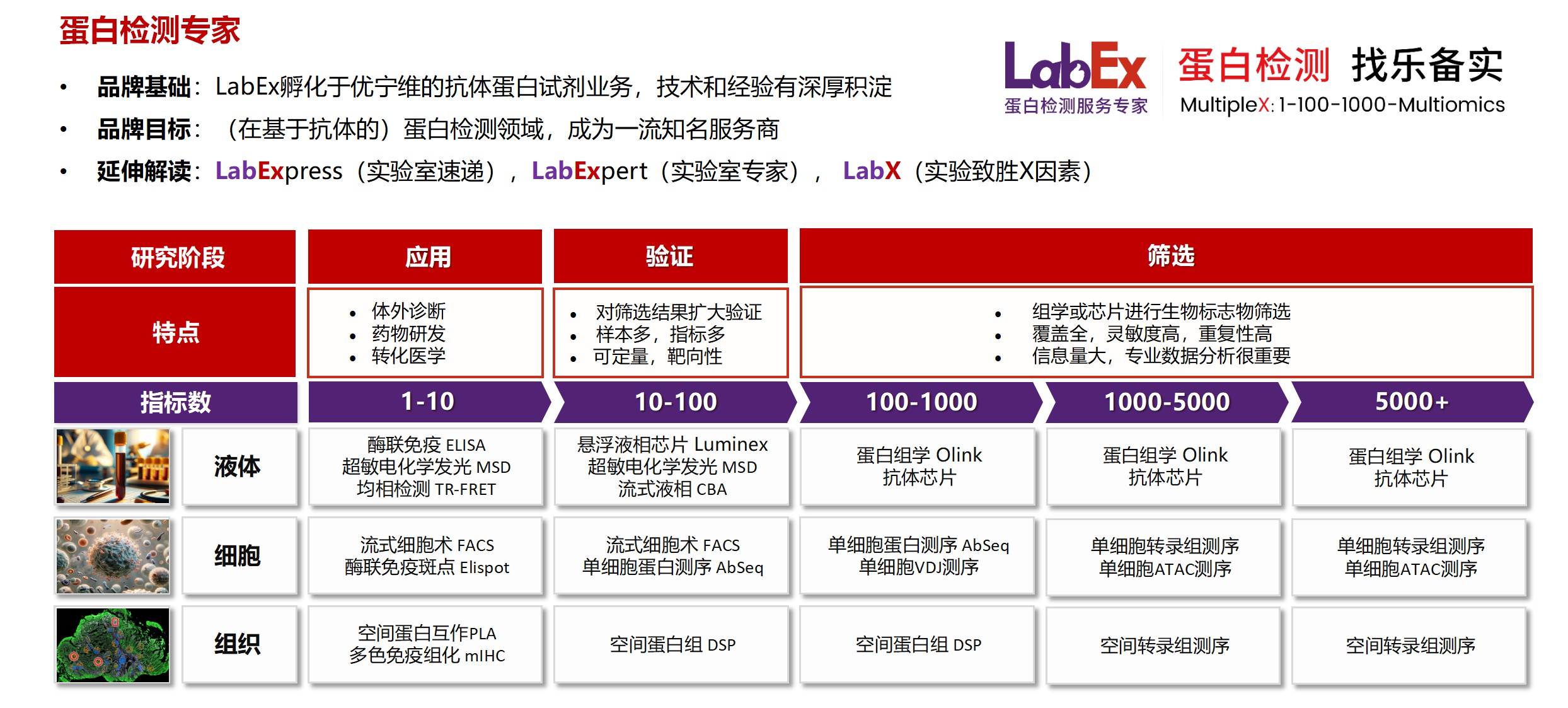Long-chain polyunsaturated omega-3 fatty acids reduce multiple myeloma exosome-mediated suppression of NK cell cytotoxicity
Background: Despite the advances in the treatment of multiple myeloma (MM), complete remission is usually challenging. The interactions between tumor and host cells, in which exosomes (EXs) play critical roles, have been shown to be among the major deteriorative tumor-promoting factors herein. Therefore, any endeavor to beneficially target these EX-mediated interactions could be of high importance. Objectives: a) To investigate the effects of myeloma EXs on natural killer (NK) cell functions. b) To check whether treatment of myeloma cells with eicosapentaenoic acid (EPA) or docosahexaenoic acid (DHA), two polyunsaturated omega-3 fatty acids with known anti-cancer effects, can modify myeloma EXs in terms of their effects on natural killer functions. Methods: L363 cells were treated with either EPA or DHA or left untreated and the released EXs (designated as E-EX, D-EX and C-EX, respectively) were used to treat NK cells for functional studies. Results: Myeloma EXs (C-EXs) significantly reduced NK cytotoxicity against K562 cells (P ≤ 0.05), while the cytotoxicity suppression was significantly lower (P ≤ 0.05) in the (E-EX)- and (D-EX)-treated NK cells compared to the (C-EX)-treated cells. The expression of the activating NK receptor NKG2D and NK degranulation, after treatment with the EXs, were both altered following the same pattern. However, C-EXs could increase IFN-γ production in NK cells (P < 0.01), which was not significantly affected by EPA/DHA treatment. This indicates a dual effect of myeloma EXs on NK cells functions. Conclusion: Our observations showed that myeloma EXs have both suppressive and stimulatory effects on different NK functions. Treatment of myeloma cells with EPA/DHA can reduce the suppressive effects of myeloma EXs while maintaining their stimulatory effects. These findings, together with the previous findings on the anti-cancer effects of EPA/DHA, provide stronger evidence for the repositioning of the currently existing EPA/DHA supplements to be used in the treatment of MM as an adjuvant treatment. EXs released from L363 (myeloma) cells in their steady state increase IFN-γ production of NK cells, while reduce their cytotoxicity against the K562 cell line (right blue trace). EXs from L363 cells pre-treated with either EPA or DHA are weaker stimulators of IFN-γ production. These EXs also increase NK cytotoxicity and NKG2D expression (left brown trace) compared to the EXs obtained from untreated L363 cells. Based on these findings, myeloma EXs have both suppressive and stimulatory effects on different NK functions depending on the properties of their cells of origin, which can be exploited in the treatment of myeloma.Keywords: Cancer; Exosome; Extracellular vesicle; Natural killer cell; Omega-3; Tumor.
乐备实是国内专注于提供高质量蛋白检测以及组学分析服务的实验服务专家,自2018年成立以来,乐备实不断寻求突破,公司的服务技术平台已扩展到单细胞测序、空间多组学、流式检测、超敏电化学发光、Luminex多因子检测、抗体芯片、PCR Array、ELISA、Elispot、PLA蛋白互作、多色免疫组化、DSP空间多组学等30多个,建立起了一套涵盖基因、蛋白、细胞以及组织水平实验的完整检测体系。
我们可提供从样本运输、储存管理、样本制备、样本检测到检测数据分析的全流程服务。凭借严格的实验室管理流程、标准化实验室操作、原始数据储存体系以及实验项目管理系统,已经为超过3000家客户单位提供服务,年检测样本超过100万,受到了广大客户的信任与支持。

声明:本篇文章在创作中部分采用了人工智能辅助。如有任何内容涉及版权或知识产权问题,敬请告知,我们承诺将在第一时间核实并撤下。
详见LabEx网站(
www.u-labex.com)或来电咨询!
基因水平:PCR Array、RT-PCR、PCR、单细胞测序
蛋白水平:MSD、Luminex、CBA、Elispot、Antibody Array、ELISA、Sengenics
细胞水平:细胞染色、细胞分选、细胞培养、细胞功能
组织水平:空间多组学、多重荧光免疫组化、免疫组化、免疫荧光
数据分析:流式数据分析、组化数据分析、多因子数据分析
基因水平:PCR Array、RT-PCR、PCR、单细胞测序
蛋白水平:MSD、Luminex、CBA、Elispot、Antibody Array、ELISA、Sengenics
细胞水平:细胞染色、细胞分选、细胞培养、细胞功能
组织水平:空间多组学、多重荧光免疫组化、免疫组化、免疫荧光
数据分析:流式数据分析、组化数据分析、多因子数据分析
联系电话:4001619919
联系邮箱:labex-mkt@u-labex.com
公众平台:蛋白检测服务专家
联系邮箱:labex-mkt@u-labex.com
公众平台:蛋白检测服务专家

上一篇
Leishmania donovani Attenuates Dendritic Cell Trafficking to Lymph Nodes by Inhibiting C-Type Lectin Receptor 2 Expression via Transforming Growth Factor-β
下一篇
Epidermal growth factor receptor activity upregulates lactate dehydrogenase A expression, lactate dehydrogenase activity, and lactate secretion in cultured IB3-1 cystic fibrosis lung epithelial cells
本网站销售的所有产品及服务均不得用于人类或动物之临床诊断或治疗,仅可用于工业或者科研等非医疗目的。










 沪公网安备31011502400759号
沪公网安备31011502400759号
 营业执照(三证合一)
营业执照(三证合一)


